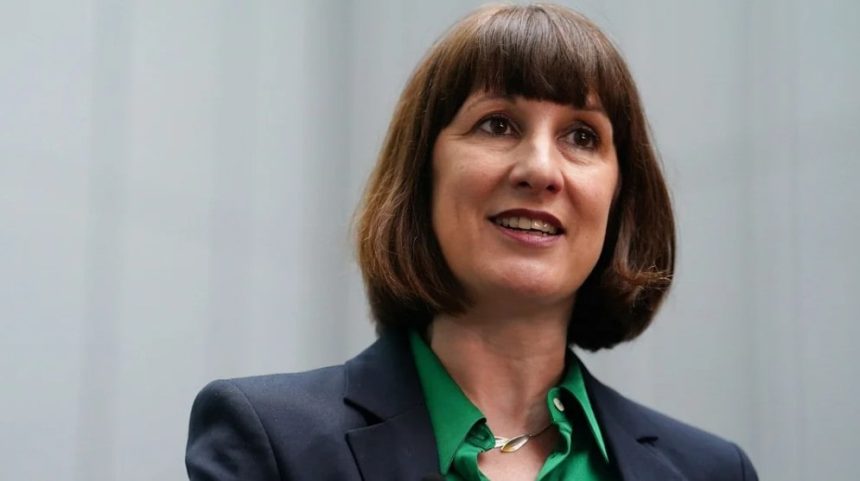A radical revamp of property taxation is being explored by Chancellor Rachel Reeves, with a new levy on homes worth more than £500,000 potentially replacing stamp duty.
The Treasury is weighing up significant reforms that could see the current stamp duty structure scrapped in favour of a “proportional” national property tax.
According to reports, officials have been tasked by Reeves to investigate the feasibility of such a system, ahead of the autumn Budget.
The move, if adopted, would mark one of the most substantial changes to property taxes in recent decades and is aimed at tackling economic inequality while stabilising revenue for the Treasury and local councils.
“These proposals would make it easier and cheaper to move house, for a better job, or to be near family, as well as being fairer.
It should not be the case that a terrace house in Burnley pays more than a mansion in Kensington, and it wouldn’t be under these proposals,” said Dr Tim Leunig, former government adviser and author of the influential Onward report.
Under consideration is a bold property tax overhaul: selling a home valued over £500,000 could soon trigger a new government levy, potentially shifting the burden from buyers to sellers — and stirring political debate across the country.
Under current discussions:
- A national property levy would replace stamp duty on owner-occupied homes.
- Eventually, a local property tax might replace council tax, although this second phase is likely to take longer and may depend on Labour securing a second term in office.
- The proposed tax would apply only when selling a primary residence worth over £500,000.
- The levy would be centrally set and collected by HMRC.
This would not impact second homes or buy-to-let properties; standard stamp duty would continue to apply in those cases.
Pressure is mounting on the Labour government to rethink how property wealth is taxed. Deputy Labour leader Angela Rayner has been among those urging Chancellor Reeves to take a bolder approach to taxing housing assets.
Reeves, however, remains cautious. She’s seeking ways to raise additional revenue without reneging on Labour’s promise not to increase taxes on working people.
With UK average house prices sitting at £272,664, the new tax would only impact around 20% of home sales, targeting higher-value properties and aiming to create a more equitable system.
Current stamp duty receipts are heavily influenced by fluctuations in the housing market, raising £11.6 billion last year from main residences alone. Officials believe a proportional national tax could provide a more stable income stream for the Treasury.
The proposals are inspired by a 48-page report from the centre-right think tank Onward, written by Dr Tim Leunig, who played a key role in shaping the furlough scheme during the pandemic.
While ministers have already been briefed on the plan, no final decisions have been made. Treasury insiders say the national levy could be introduced during this parliament, but any full-scale reform of council tax is unlikely to materialise unless Labour secures a second term.
For now, the proposal has sparked debate across both economic and political circles, especially as the government grapples with how to fund public services without squeezing working households.






